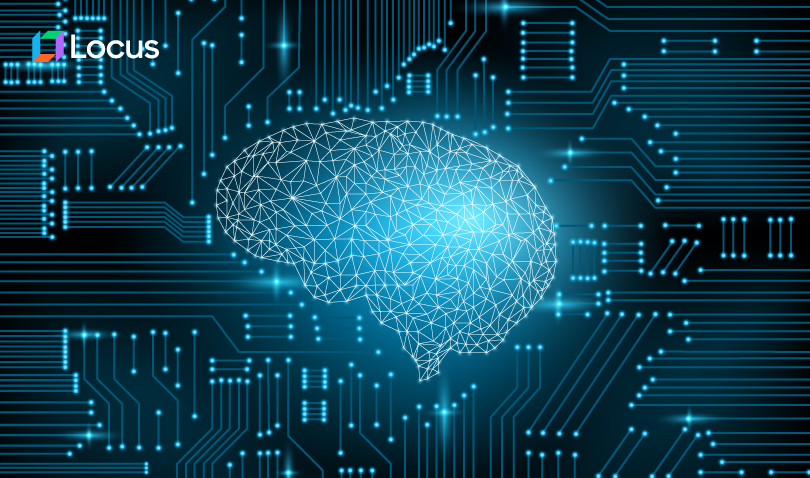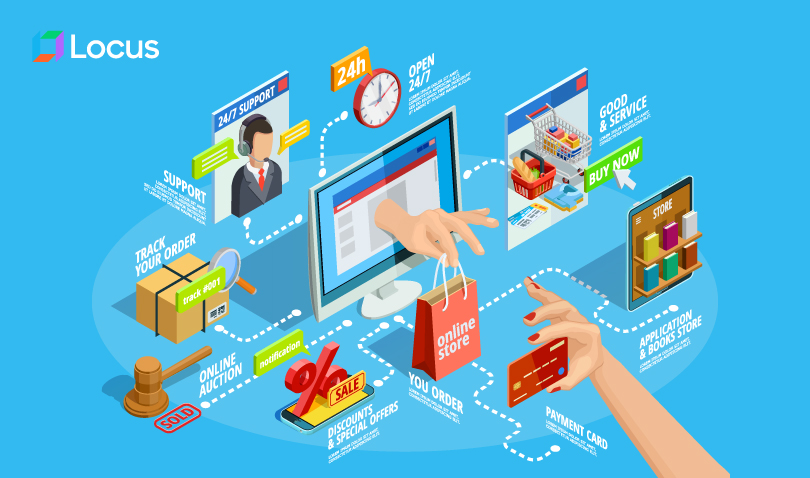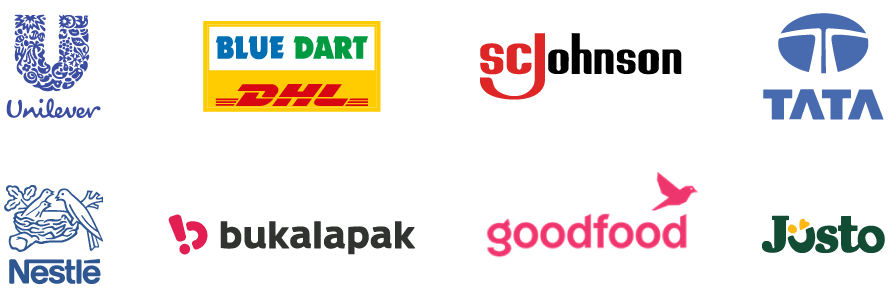What is Machine Learning?
Machine learning is a field of Artificial Intelligence (AI) that enables computers to learn and act as humans do. This is done by feeding data and information to a computer through observation and real-world interactions. This leads to improved learning in an autonomous way over a period of time. Machine learning is a field within artificial intelligence and so the two terms cannot be used interchangeably.
The purpose of machine learning is to figure out how we can build computer systems that improve over time and with repeated use. This can be done by figuring out the fundamental laws that govern such learning processes.
All combinations of machine learning algorithms consist of the following basic concepts:
A logistics planning and route optimization software, with the help of deep machine learning and algorithms, offer solutions like real-time tracking, route optimization, vehicle allocation as well as insights and analytics. Not only does this make businesses more efficient, but it also brings in transparency and consistency in planning and dispatching orders.



How can Locus help manage your logistics?
Join Industry Leaders:


